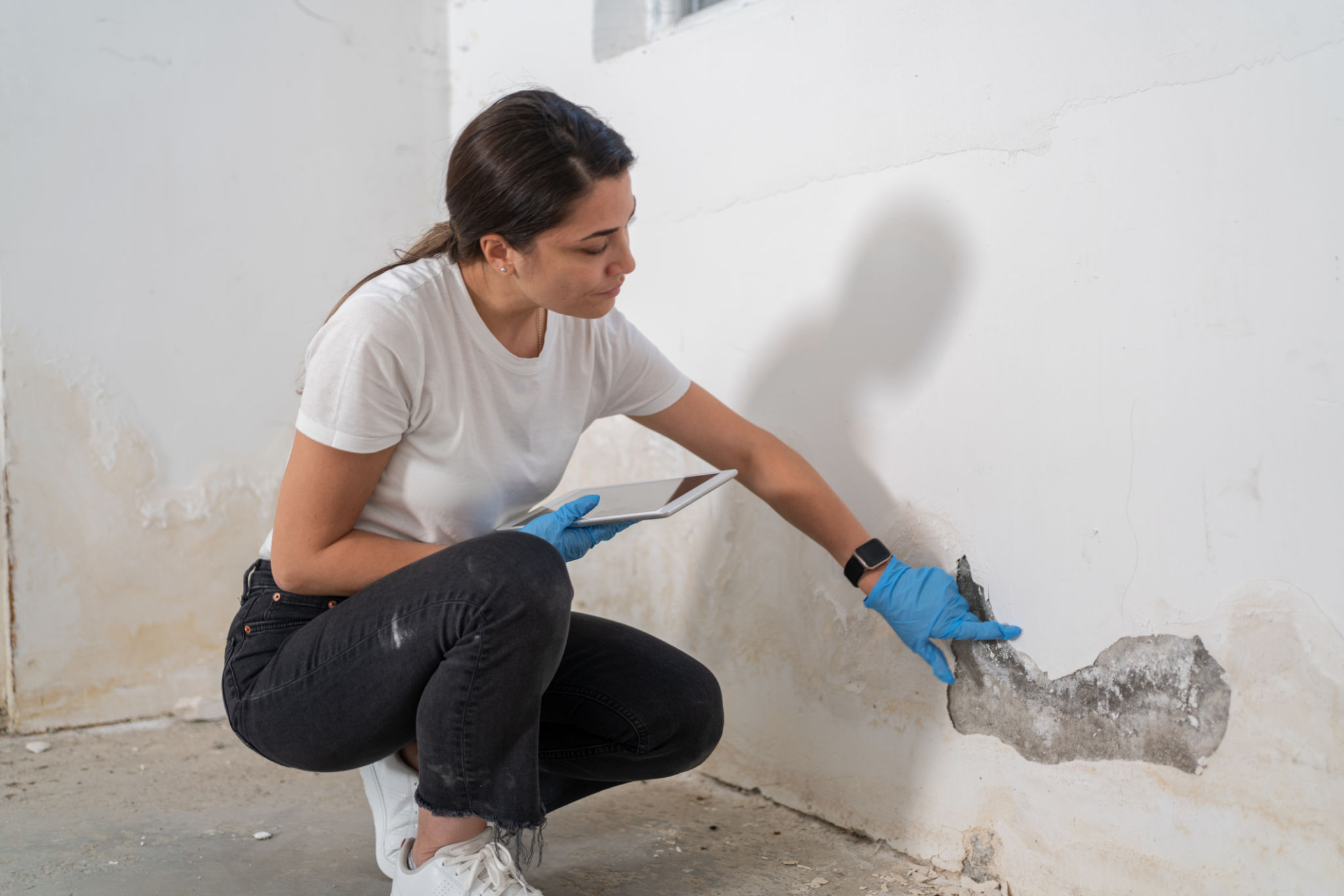Expert Insights: The Importance of Regular Property Inspections
The Role of Property Inspections
Regular property inspections are a crucial aspect of property management that can significantly impact the long-term value and safety of real estate. Whether managing a rental property or maintaining a family home, inspections help identify potential issues before they escalate into costly repairs. Moreover, they play a vital role in ensuring compliance with local regulations and maintaining tenant satisfaction.
Conducted systematically, these inspections allow property owners and managers to stay informed about the property's condition. By understanding the current state of the property, stakeholders can make informed decisions about maintenance and upgrades, which ultimately benefits everyone involved.

Key Benefits of Regular Inspections
One of the primary benefits of regular property inspections is the ability to identify maintenance issues early. This proactive approach can save property owners substantial amounts of money by addressing small problems before they become larger, more expensive issues. For instance, a minor leak detected during an inspection can be repaired swiftly, preventing water damage and mold growth.
Additionally, regular inspections can improve tenant relations. Tenants appreciate living in well-maintained properties and are more likely to renew their leases if they feel their concerns are addressed promptly. Inspections provide an opportunity for tenants to voice any issues they might have noticed, fostering a positive and communicative relationship between tenants and property managers.
Ensuring Regulatory Compliance
Property regulations vary widely depending on location, and staying compliant is essential for avoiding fines and legal issues. Regular inspections help ensure that properties meet all safety and health standards, from fire safety measures to proper sanitation. By keeping up with these regulations, property owners can avoid potential legal troubles and maintain their reputation as responsible landlords or property managers.

Creating a Comprehensive Inspection Checklist
To conduct effective inspections, it is crucial to have a comprehensive checklist that covers all aspects of the property. This checklist should include:
- Structural elements: roofing, foundations, walls
- Plumbing and electrical systems
- HVAC systems
- Safety equipment: smoke detectors, fire extinguishers
- Exterior condition: landscaping, driveways, walkways
A detailed checklist ensures that no area is overlooked, providing a thorough assessment of the property's condition.

Frequency of Inspections
The frequency of property inspections can vary based on the type of property and its specific needs. However, most experts recommend conducting inspections at least twice a year for residential properties. For commercial properties or those with higher turnover rates, more frequent inspections may be necessary to ensure everything remains in top condition.
Regular inspections not only protect the physical integrity of the property but also the financial investment made by the owner. By maintaining a regular schedule, potential problems are caught early, reducing the likelihood of unexpected expenses.
Conclusion: A Sound Investment
In conclusion, regular property inspections are a sound investment in the longevity and value of any property. They ensure that maintenance is kept up-to-date, tenants are satisfied, and regulatory compliance is maintained. By adopting a proactive approach to property management through regular inspections, owners and managers can safeguard their investments and provide a better living or working environment for occupants.
Whether you're managing a single-family home or a large commercial building, make sure regular inspections are part of your maintenance strategy. It's a decision that pays off both in peace of mind and financial security.
